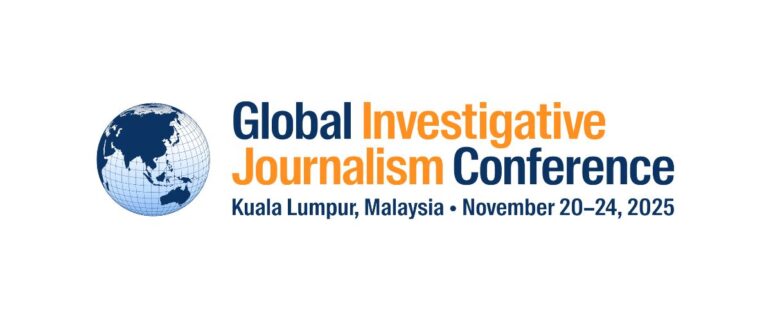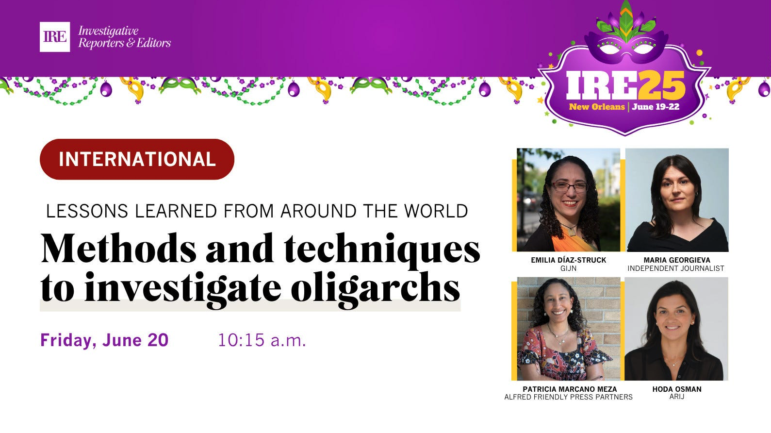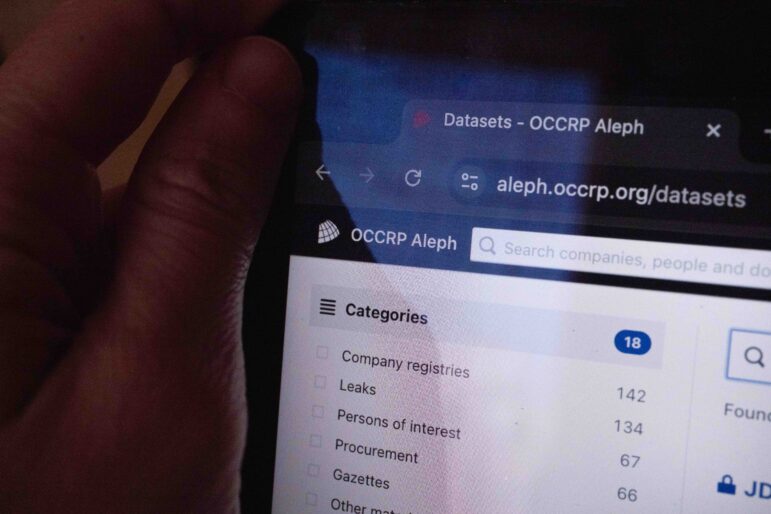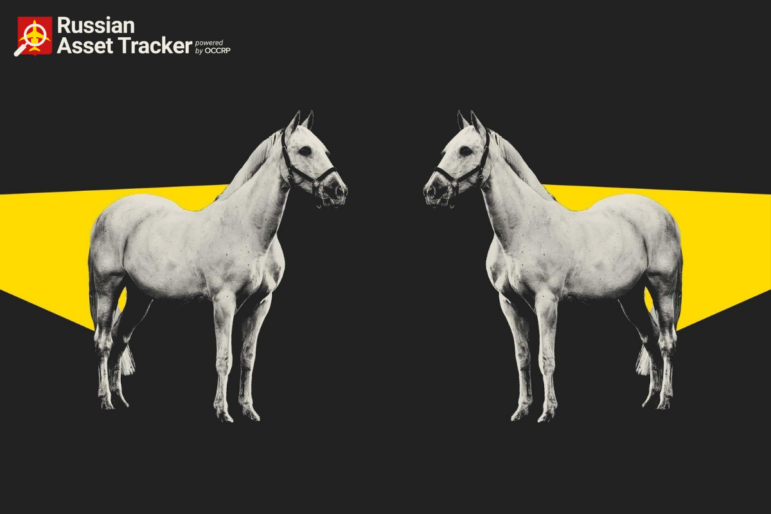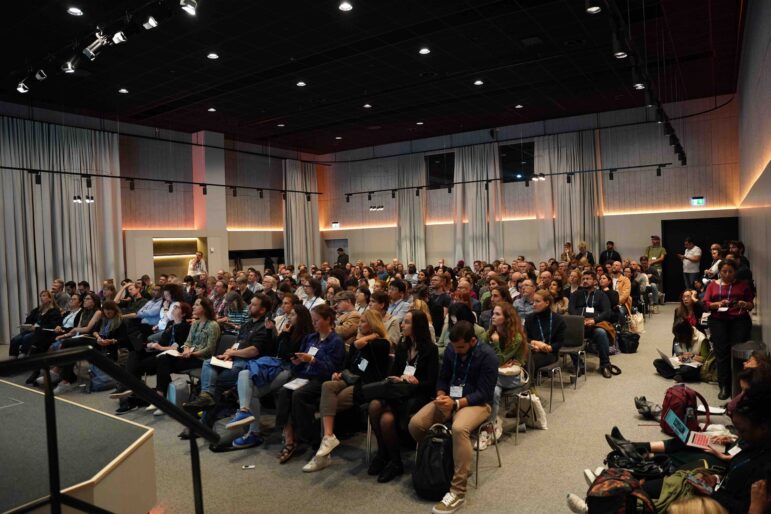

The megayacht Eclipse, owned by Russian oligarch Roman Abramovich. He was forced to sell his ownership stake in the English football club Chelsea after Russia invaded Ukraine in early 2022, due to the billionaire's alleged ties to Russian President Vladimir Putin. Image: Shutterstock
Tips for Investigating New Oligarchs and Novel Corruption Ploys
Read this article in
New oligarchs are created all the time. As authoritarianism has grown around the world, so too have new corrupt relationships emerged between autocrats and unscrupulous businesspeople who seek to secure the lucrative ownership of public assets or contracts. Scan the global panorama of the mega-rich, and you can find those who emulate their uncles or fathers, others who replace the ‘old’ oligarchs who have either fallen out of favor or entered government as kleptocrats.
From Serbia to Venezuela to the United States, some of these new oligarchs have focused their attention on diverse sectors — such as media, tech, transport, and public construction — rather than the classic former state energy companies that created a generation of Russian oligarchs. Sometimes they seek government favors on regulation and legal immunity rather than money.
Many of these moguls brazenly exploit new opportunities — such as those who have used their Kremlin contacts to cheaply buy up the assets of Western companies compelled to leave the Russian market since the full-scale invasion of Ukraine in 2022.
But whether they are oligarchs, Latin American boligarchs, or tech tycoon broligarchs, their strategies for hiding their assets and activities have much in common.
At the recent US Investigative Reporters and Editors Conference, four veteran journalists in this space explained how oligarchs work with cross-border enablers and sophisticated tools to conceal their assets and government ties, and why reporters should take a similarly collaborative approach to expose them and the public harms they generate.
“Why do we care about investigating oligarchs?” asked Emilia Díaz-Struck, executive director of Global Investigative Journalism Network, as she moderated a panel titled “Methods and techniques to investigate oligarchs: Lessons learned from around the world.”
Some of the panelists’ responses to her prompt included these: they prop up authoritarian governments; they loot wealth and resources that rightfully belong to citizens; they create corruption ecosystems by financing networks of enablers and formation agents; they are often not investigated by any institution other than journalism — and they are growing in number. Meanwhile, accountability is possible for even the most shielded, wealthy, and powerful individuals because the banks, business partners, and enablers they use often face real accountability mechanisms in more democratic countries abroad.
The panel included Maria Georgieva, an award-winning freelance investigative journalist and former Russia correspondent; Hoda Osman, executive editor at Arab Reporters for Investigative Journalism (ARIJ); and Patricia Marcano, an investigative journalist at Armando.info and a coordinator of the Venezuelan chapter of the FinCEN Files and the Pandora Papers.
Discover What Kinds of Investigations are Possible
Because oligarch stories can seem intimidating with all the shell companies, offshore jurisdictions, and proxies involved, Georgieva noted that an important starting point is to read or watch other successful investigations to persuade yourself that they are achievable and worth pursuing.
One of these referenced in the session was a classic investigation by Marcano and her colleagues at the International Consortium of Investigative Journalists (ICIJ), which showed how major Western banks helped Venezuelan moguls close to ex-premier Hugo Chávez and current strongman President Nicolás Maduro extract billions of dollars from the country.
Marcano told attendees that data scraping and archiving was increasingly important for oligarch investigations, because of a trend among many governments to delete state databases like national contractor registers and procurement archives.
“You never should take for granted that government information will remain forever,” she explained. “When you see a country at risk of losing its democracy, you should use data journalism strategies to create your own records.”
She added: “There really are similarities between what’s happening in Russia, some Arab countries, and Venezuela.”
For Georgieva, the point of uncovering hidden and stolen assets is not to shame the opulence of the oligarchs, but rather to expose the systems and the harms behind the looting.
“Russian oligarchs hold as much as 60% of their wealth in offshore companies — far above the global average,” she said. “And over the decades they’ve hidden their wealth in offshore companies and financial centers, in things like luxury yachts. This has been at the expense of the public — citizens have had no access to this hidden wealth and oil money. It’s not just a story about their personal enrichment, it’s about systemic corruption that we see, global secrecy, and taking national resources away from the public good.”
One story that focused on the public harms of oligarch behavior was Marcano’s Armando.info investigation into a public-private profiteering scheme behind the importation of unhealthy powdered milk to Venezuela.
ARIJ’s Osman said good storytelling and reporting on the downstream impacts of oligarch looting is essential for these investigations to have impact.
“Take time to think: ‘How should we write this?’” she said. “Following oligarch dots is usually complex with this company and this company, and so many names — but is someone going to want to read this? Put a lot of effort into trying to make it accessible, and easy to digest. How does this impact the reader? The milk story is a good example of why people should care.”
Osman said project risk assessments are particularly important for oligarch investigations in Arab countries, as is the need to try many variations of English spellings for Arabic names in searches for hidden company owners.
Master the Resources at Your Fingertips
Georgieva said the greed and corruption among government officials can itself sometimes be a help to journalists, because some sell insider data to brokers.
“In my region [including Russia], leaked data is a kind of public service — people are buying data on the dark web; they are acquiring it through Telegram bots,” she noted. “It comes from the security services themselves selling data. Because of the corruption, they’re protecting a system that they are also exploiting. They can sell border data, addresses, personal information. But [ethically,] you need to ask: ‘Is it worth it to bring in stolen Russian data?’”
Journalists in the region have often pierced secrecy in the world of oligarchs and government agents with bots such as EyesOfGod, QuickOsintBot, GetContact, TrueCaller, and SmartSearch.
In a GIJN interview with Georgieva after the session, she said other resources she uses include:
- RuPEP Database — An extensive, searchable database of “politically exposed persons” in Russia, Belarus, and Kazakhstan, with 14,000 profiles that include family members and business partners of oligarchs, all available in English and Russian.
- SPARK-Interfax database — Considered the gold standard for Russian corporate data, this paid-for tool includes up-to-date data on beneficial ownership, financial statements, court cases, and connections between entities and individuals in the region.
- Opentender — A free database of public tender data from 28 EU countries, as well as Serbia, Georgia, and North Macedonia.
- LittleSis Public Accountability Database — A data set which includes detailed connections profiles. See this one for an example of how it can help reporters establish connections.
- Forbes Russian Rich List — Georgieva said the annual list of Russia’s wealthiest individuals published in the Russian-language edition of Forbes is a useful way to identify new and emerging oligarchs.
- RuAssets — A free tool from Ukraine-based YouControl that aggregates and analyzes databases from Russia, Belarus, Kazakhstan, Ukraine, and Europe, cross-checked against sanctions lists.
RuAssets is a free tool created by Ukraine-based YouControl to track sanctioned Russian individuals and their connected relationships. Image: Screenshot, RuAssets
Díaz-Struck also encouraged reporters to read the arsenal of evergreen guides, stories, and tipsheets on investigating oligarchs that GIJN has published in recent years, including:
- Latest Money Laundering Trends Journalists Should Watch For
- 10 Tips for Tracking Russian-Owned Assets
- Tracking Down Horses Owned by Families of the Oligarchs
- Tips for Linking Shell Companies to Their Secret Owners
- Following the Money, from Laundromats to Central Banks
- From Real Estate to Racehorses: Tracking Hidden Assets Around the World
- Oligarch Lawsuits Aim to Silence Journalists in UK
- Researching Corporations and Their Owners
- How to Investigate Money Laundering
- Smear Campaigns, Oligarch Media, and Street Gangs: Serbia’s Embattled Investigative Media Are a Warning to the World
Some of the asset-finding tools explained and contextualized in these pieces are tried-and-tested databases that Díaz-Struck highlighted, including free resources such as OpenCorporates, Companies House in the UK, OpenOwnership, and OpenSanctions, and subscription platforms like Factiva and Sayari.
“OpenSanctions is a fantastic resource — it’s really incredible, they have been gathering sanctions lists from all over the world for years,” Díaz-Struck explained.
Then there are the big leaks and hidden money databases that have fueled so many mega-corruption scoops. “ICIJ has an Offshore Leaks Database of over 800,000 offshore entities — it’s historical data, because it’s tied to leaks about offshore jurisdictions, but you can find very relevant information there,” she added. “And Aleph [from OCCRP] is an incredible resource, with a huge database that allows you to connect the dots.”
If you have an email or phone number for oligarch enablers, you can get around their efforts at online concealment with tools that find personal accounts and connections associated with their contacts, including Osint.Industries and Epieos.
Meanwhile, GIJN’s sources have also shared niche tools for scouring for hidden connections, such as OCCRP’s Russian Asset Tracker, Declarator, the Tax Justice Network’s Financial Secrecy Index, and Tenders Electronic Daily.
Digging Power of Newsroom Collaboration
But Marcano and Díaz-Struck agreed that the ultimate tool for reporters in this space is collaboration.
“Usually when you are doing an investigation about oligarchs and corruption, these will be transnational, because their money never stays in the same country — they find where to hide the money, and use the international banking system to transfer it around the world,” Marcano explained. “This work often needs to be collaborative, because when an oligarch in your country is starting to open companies in cities like Miami or Madrid, you can do a collaborative project where reporters who live there can visit those properties and confirm that his house, or company, is at X address, and what the movements are.”
Former fears about the potential risks of media collaborations — from having your source betrayed by a rival, or of being scooped ahead of a joint deadline — have largely vanished from the field, following hundreds of successful collaborations in the past decade where media partners have fully honored project trust.
Marcano added: “From all the leaks investigations like Panama Papers, Pandora Papers, FinCEN Files, we found it’s easy to connect journalists from Switzerland, Italy, the UK, China, everywhere. What’s so great is that you aren’t scared to share information, the common goal is to produce a quality story on the big picture of corruption.”
One other tip is that thinking like an oligarch offers clues for reporters. For instance, journalists have noticed that these moguls tend to invest in large, often empty, high-end apartments abroad, but not whole apartment blocks or houses — simply because they can’t be bothered to arrange to mow lawns or conduct maintenance. Experts say that simply narrowing your hidden assets search to the wealthiest neighborhoods in key cities can help. And oligarch fingerprints for bribes or concealment are often revealed by what seem on documents to be comically bad business practices — such as awarding officials huge, unwarranted reimbursements for failed contracts, or listing “cash” as collateral for cash loans.
“Some things we find in common: oligarchs love yachts and planes, they love to buy art — an easy way to put assets back into the market if they’re connected to illegal or corrupt activities,” said Díaz-Struck. “And they love real estate — a good way to launder money or hide assets. Where the oligarchs come from can point you to the favorite places where they tend to hide assets — Russians and Ukrainians love the UK, Venezuelans love buying property in Miami and Madrid.”
“I never thought I could find as much information in Russian open data that I did,” said Georgieva. “Information on: Is this company still active? Does it still have a Russian partner? And if you do want to uncover what entities from your country are up to in another country, do collaborate with journalists there – they’ll know all of this context much better than you will.”
 Rowan Philp is GIJN’s global reporter and impact editor for GIJN. Rowan was formerly chief reporter for South Africa’s Sunday Times. As a foreign correspondent, he has reported on news, politics, corruption, and conflict from more than two dozen countries around the world.
Rowan Philp is GIJN’s global reporter and impact editor for GIJN. Rowan was formerly chief reporter for South Africa’s Sunday Times. As a foreign correspondent, he has reported on news, politics, corruption, and conflict from more than two dozen countries around the world.




